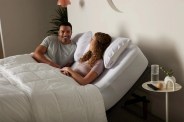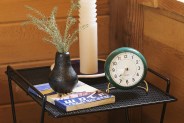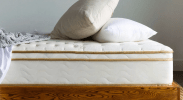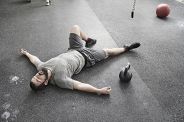Picture this: You’ve been driven and motivated to hit the gym or get your miles in day in and day out. You’ve got your post-workout recovery dialed in with a quality massage gun and stretching regimen. Your diet and supplementation are on point. Yet despite having put in all this work, you still feel like you’re lagging behind. Why?
Probably because you’re a terrible sleeper — or at least, haven’t given your nighttime habits enough thought.
Sleep can be one of the most vital keys to your overall fitness, affecting everything from your cognitive state and energy levels to how well your muscles bounce back to normal post-workout. But to make the most of your bed time each and every night, your sleep hygiene needs to be in order.
What is Sleep Hygiene?
The phrase “sleep hygiene” refers to the habits you practice in relation to your normal sleep behavior. These include keeping a proper environment for slumber, abstaining from influential food and drink prior to bed, reducing stress throughout the day and more.
A good comparison would be how regular brushing and flossing affects your oral health. Like your typical toothbrushing habits, sleep hygiene can be improved upon. All that’s necessary is to invest in the practice and remain dedicated to improvement.












